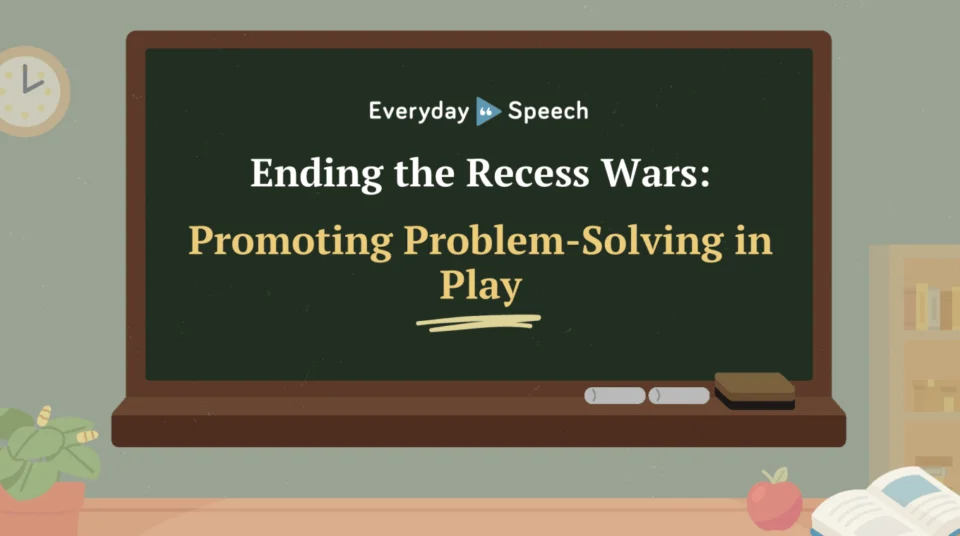Getting Along with Siblings: Activities and Discussions for Educators
Get free social skills materials
No-prep lessons on self-regulation, emotional recognition, conversation skills, and more.
Sign up hereIntroduction
Siblings can be both a source of joy and frustration for children. As they grow up together, they learn how to navigate their relationships and develop essential communication skills. Educators play a crucial role in helping students understand the importance of getting along with their siblings and teaching them the skills they need to foster healthy relationships. In this blog post, we will explore an activity that encourages students to practice these skills, along with discussion questions and related skills to further their understanding in the context of social-emotional learning.
No-Prep Activity
This activity, called “Sibling Scenario Role Play,” requires no preparation or materials from the educator. Begin by dividing students into pairs. Assign each pair a common sibling conflict scenario, such as competing for the same toy or one sibling teasing the other. One student will play the role of the sibling experiencing the problem, while the other takes on the role of the sibling causing the issue.
Instruct the students to practice using “I feel” statements and compromise techniques to resolve the conflict in their scenario. Encourage them to think about how they can give and take fairly in the situation and express their feelings without placing blame. Afterward, have the pairs switch roles and repeat the activity with a different scenario.
Discussion Questions
- How did using “I feel” statements help you communicate your feelings without blaming your sibling?
- What are some ways you can compromise when both you and your sibling want the same thing?
- How can you approach a situation where you feel your sibling is treating you unfairly?
- What are some benefits of having a sibling and working together to resolve conflicts?
- How can the skills you practiced in this activity be applied to other relationships in your life?
Related Skills
Getting along with siblings is just one aspect of social-emotional learning. Other relevant skills students can benefit from include:
- Active listening: Learning to listen carefully and empathetically to others’ perspectives and feelings.
- Conflict resolution: Developing the ability to resolve disagreements and find solutions that benefit all parties involved.
- Empathy: Understanding and sharing the feelings of others, which can help build stronger relationships.
- Assertiveness: Expressing one’s thoughts and feelings clearly and respectfully, without being aggressive or passive.
Next Steps
To further support your students in developing their social-emotional learning skills, we encourage you to sign up for free samples of the discussed skill and others at Everyday Speech. These resources provide a variety of materials and activities that can help students practice and refine their abilities to get along with siblings and navigate other relationships in their lives.

